After an eight year war with Iraq and recent debates of declaring war on ISIS, it is a wonder that most young adults in America still can’t identify Iraq on a blank map.
A survey given out by National Geographic in 2006 found that 63 percent of the 510 young adults between the ages of 18 and 24 were unable to locate Iraq on a blank map of the Middle East.
Further results show 69 percent incapable of identifying China; 65 percent unable to locate France; and 30 percent believing the border between America and Mexico to be the most heavily guarded barrier, as opposed to North and South Korea’s border.
“I do think that in the United States there is a lack of knowledge about where many countries are located,” said geography teacher Heather Ferris. “That stems from it not really being a requirement. In California, we have one semester of geography at the 9th grade level but there’s only so much that you can cover in that one semester.”
Those surveyed did little better locating states in their own country. More than half were unable to identify New York on a blank map of the United States. Even after constant coverage of Hurricane Katrina in 2005, deemed to be the third strongest hurricane recorded in US history, almost one-third could not locate Louisiana and half were not able to successfully identify Mississippi.
“I think that when you talk about world issues and problems in the world, you need to know where your situations are,” junior Blake McAlister said.
British Airways also conducted a survey among their passengers and found that 33 percent couldn’t locate Turkey on a map, making it the most commonly confused country within the countries listed by the airline.
Besides the decline in geographical knowledge, an assessment given out by National Center for Educational Statistics (NCES) in 2010 shows that Americans’ basic understanding of “particular places in the world, interactions between the environment and society, and connections among people and places” are also limited.
Although 70 percent of seniors in high school scored a Basic level on the test, only 20 percent were able to reach the Proficient level and 1 percent reached the Advanced level.
Questions on the assessments aimed to test a student’s ability to:
- Explain the rate of natural increase
- Identify an activity that emits greenhouse gases
- Understand the economies of developing countries
- Explain why the United States imports and exports
Senior Claire Stockdill feels that America’s lack of geographic knowledge “makes us more isolated in a world that’s becoming increasingly global.”
“I think that gives us a disadvantage and it also gives us a sense of self-importance, like we don’t really think about the rest of the world,” she continues.
This geographic illiteracy may be the effects of it being considered a lower priority than that of math and english.
“Just the fact that geography itself is one semester in the state of California shows that that particular subject hasn’t necessarily been held with much esteem as the other ones,” said Ferris.
With the instillment of No Child Left Behind Act of 2002, America’s education system aims to transform the country into one that excels in math, english, and science, while simultaneously inching geography towards the back.
Learning a foreign language is an excellent way of expanding cultural and global knowledge. However, the No Child Left Behind Act leaves behind foreign language skills. A 2010 survey shows foreign language studies declining in 5,000 schools and “one-third of the schools reported that the No Child Left Behind Act had drawn resources from the foreign language departments.”
[soundcloud url=”https://api.soundcloud.com/tracks/186731304″ params=”color=ff0000&auto_play=false&hide_related=false&show_comments=true&show_user=true&show_reposts=false” width=”100%” height=”166″ iframe=”true” /]
In order to remedy this growing epidemic, Ferris suggests integrating geography as much as possible into other subjects such as history.
“At my old school where I used to teach, the whole 9th grade year was geography and I taught that for several years in a row,” Ferris said. It was really nice to have that length of time to have with the kids for covering locations as opposed to one quick semester that goes by so fast. It’s a big difference. I think it would need to be more of a required part in our curriculum, from grade school on.”
Freshman Ryan Moore suggests promoting “inner culture, like wanting to be more worldly and trying to understand the world we live in, as well as expanding our school system so it’s more of a focus growing up.”
Organizations such as My Wonderful World, created by National Geographics, are sprouting up in hopes of spreading awareness and “to increase global learning in school, at home, and in the community.”
My Wonderful World’s website provides various resources for students to expand their knowledge on topics such as the environment and endangered species of different regions. It also includes educational games and activities for students to do to further their learning.
Other groups actively working to increase America’s geographic literacy include Association of American Geographers, Smithsonian Institution, 4-H, Asia Society, and many others.
“As a species, as human beings, we’re more connected when we know the different places and the different countries,” Moore said.
Background Photo Credit: Elizabeth Anthony/The Foothill Dragon Press

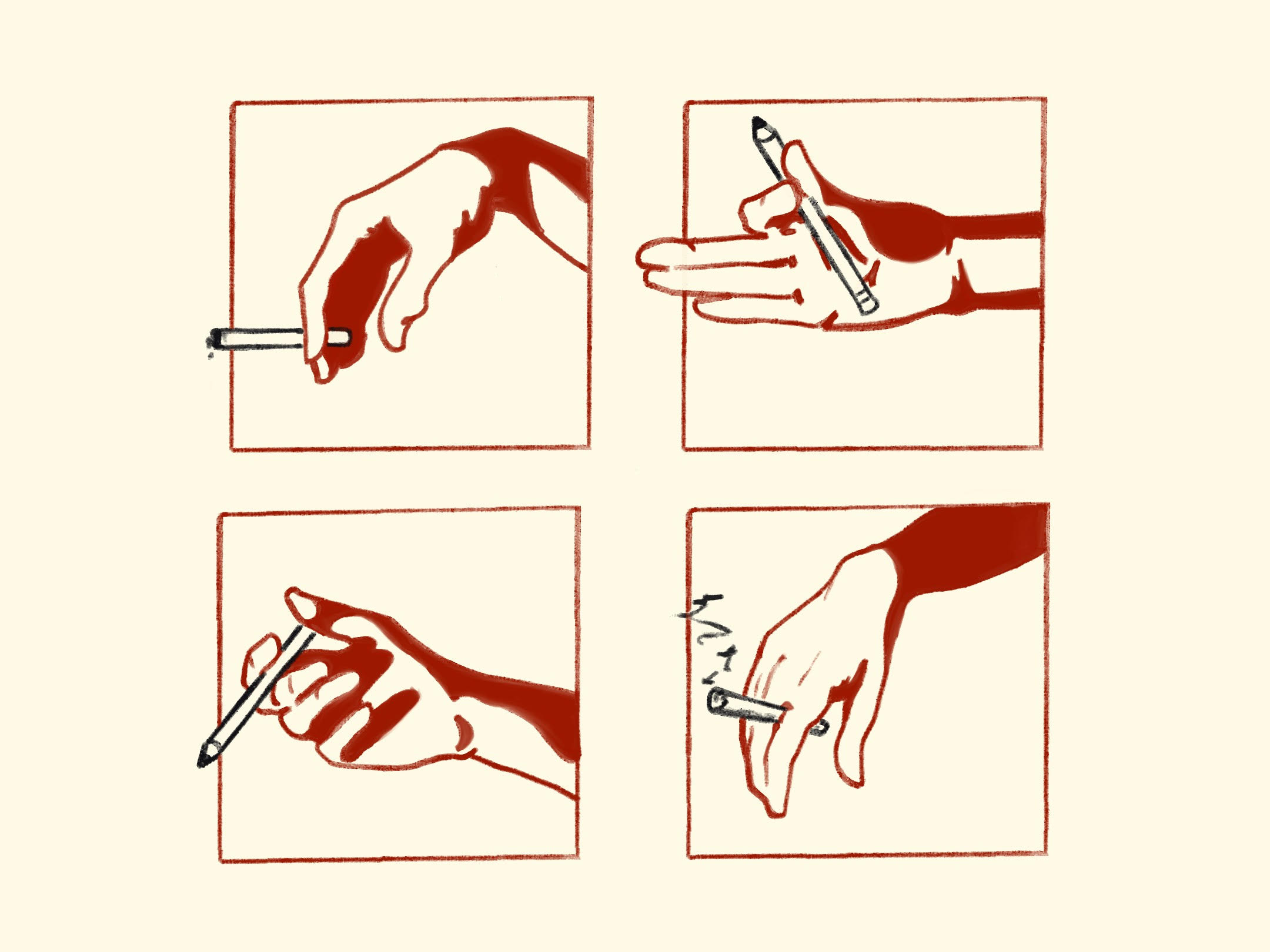


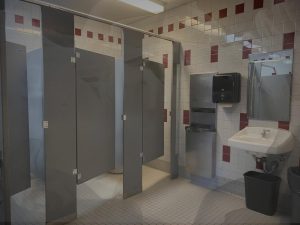
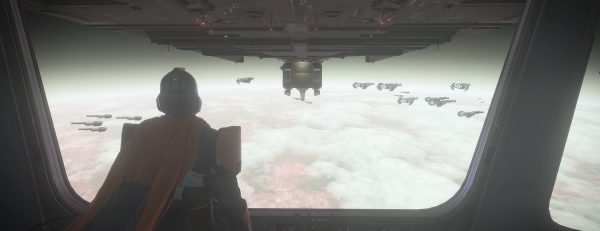
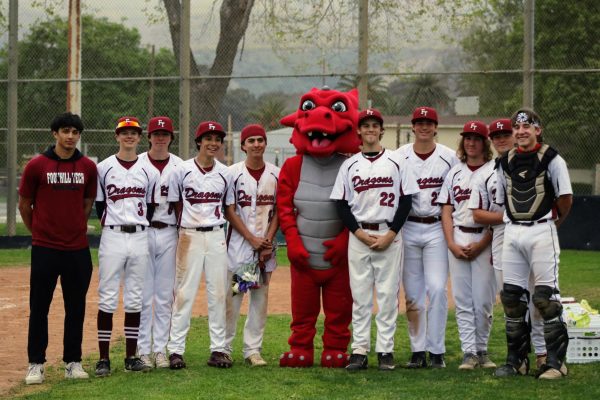
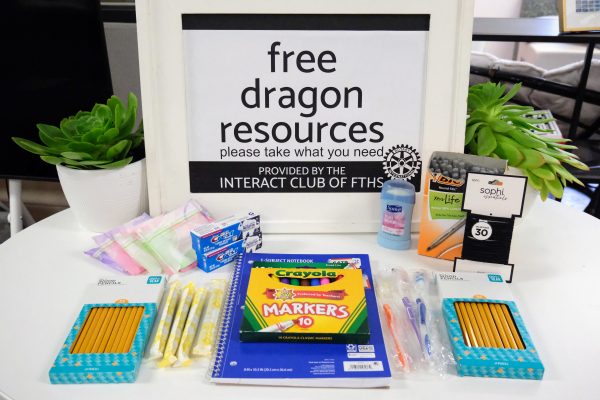
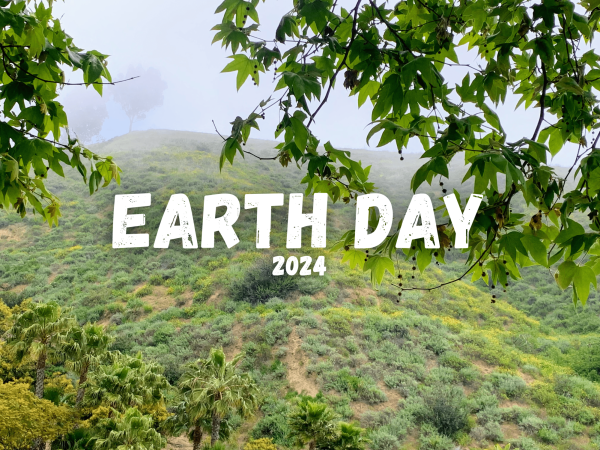
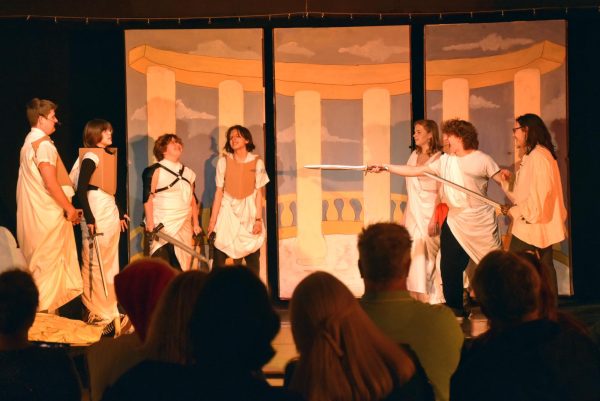
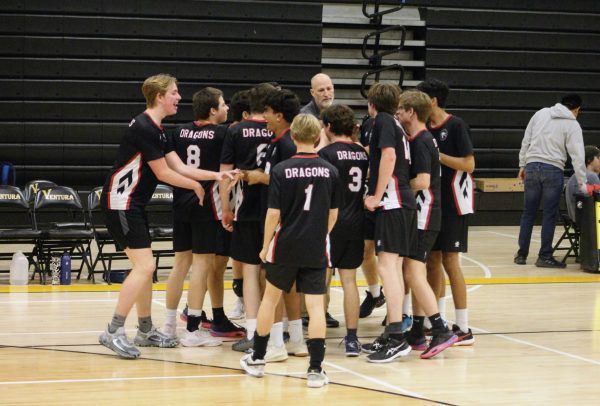
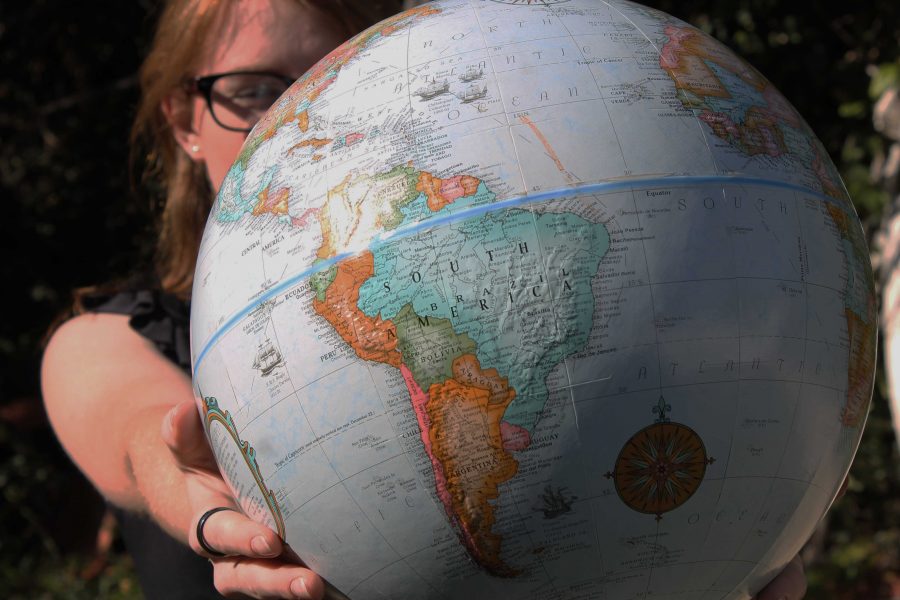
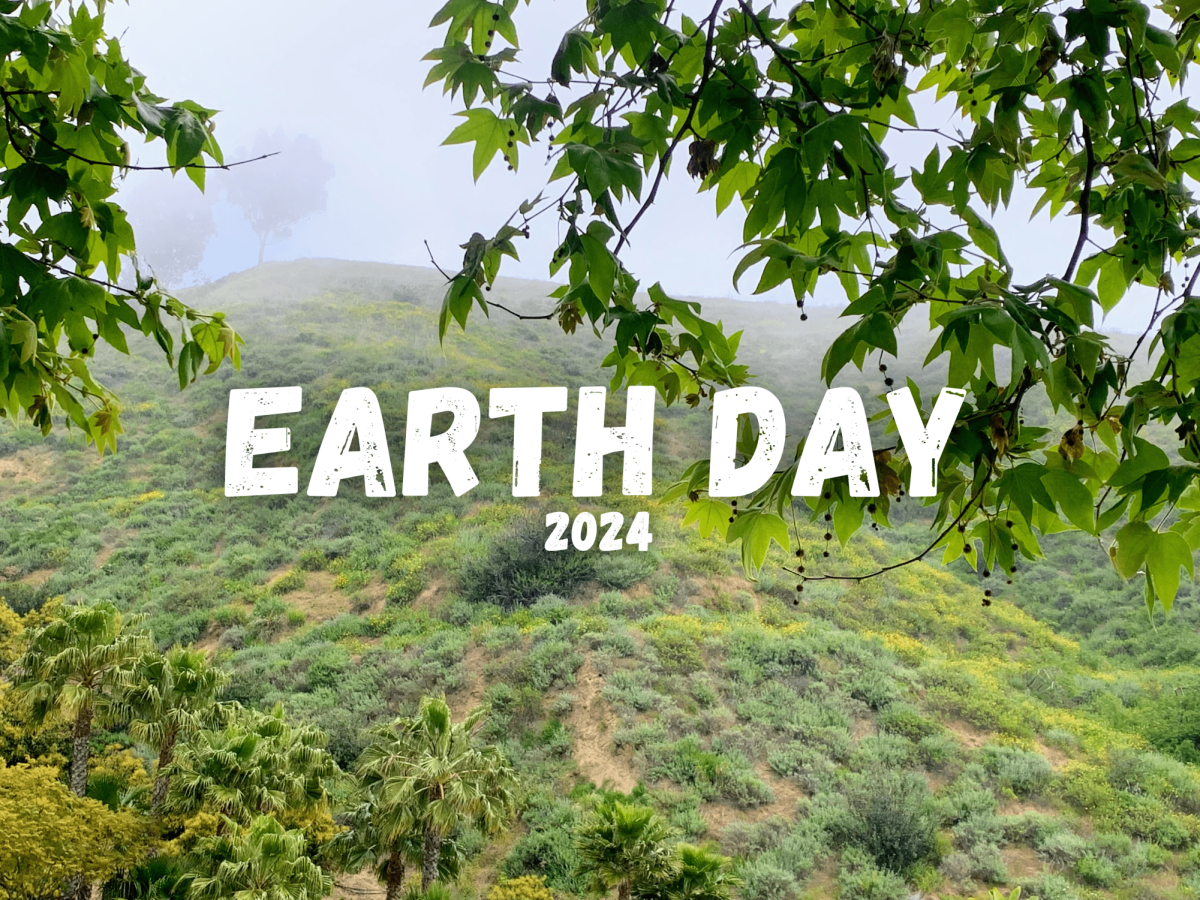
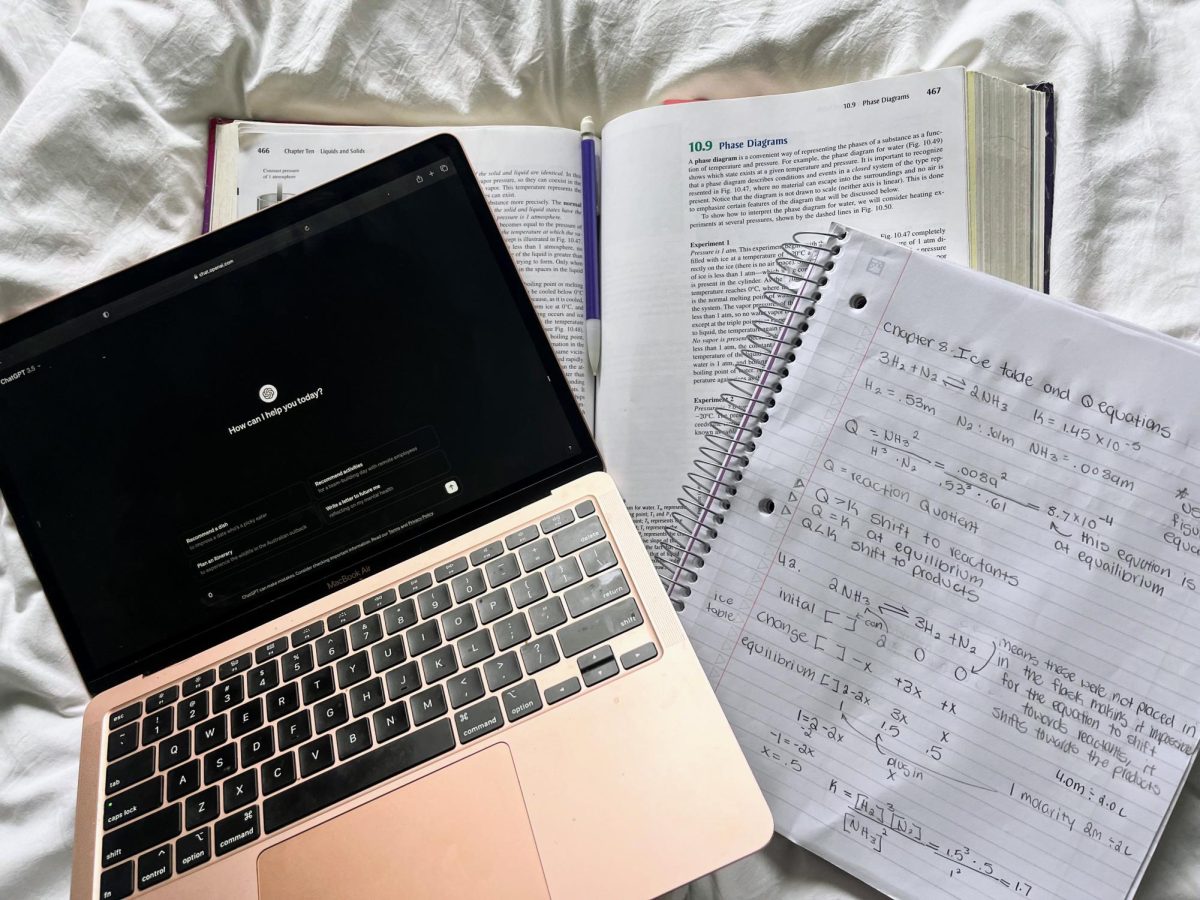
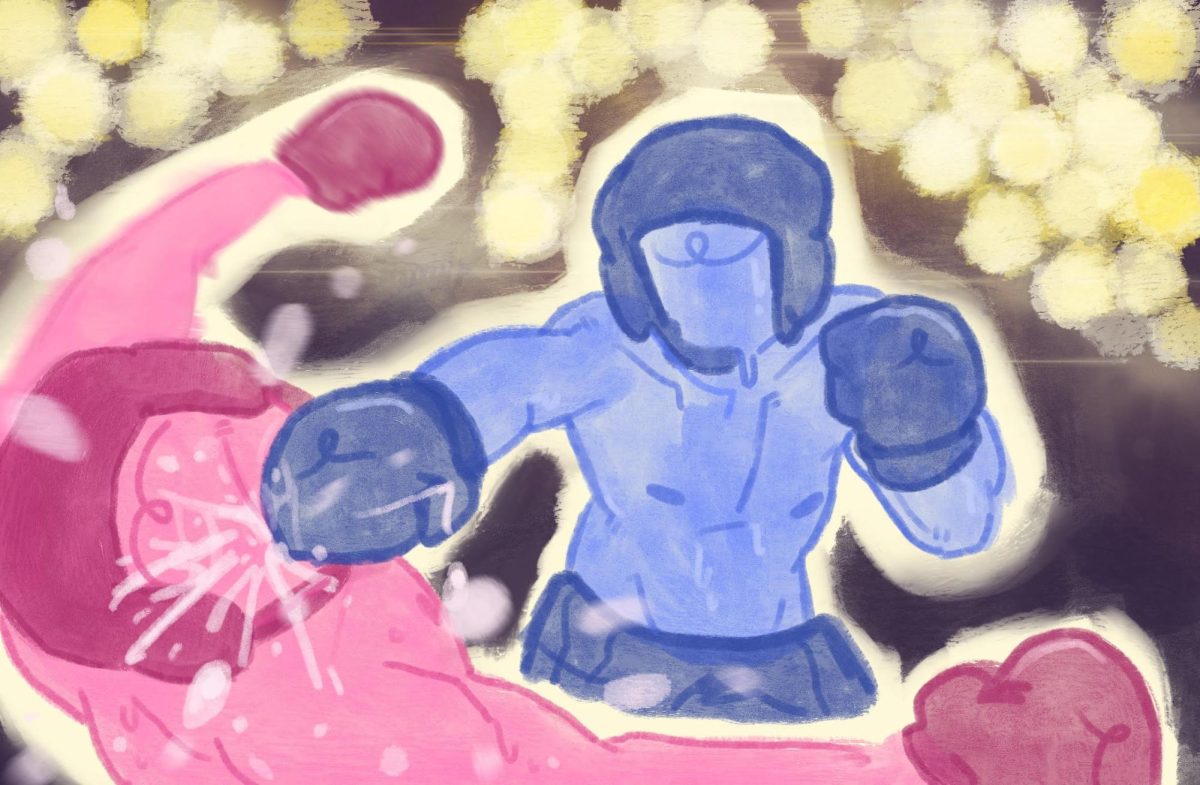

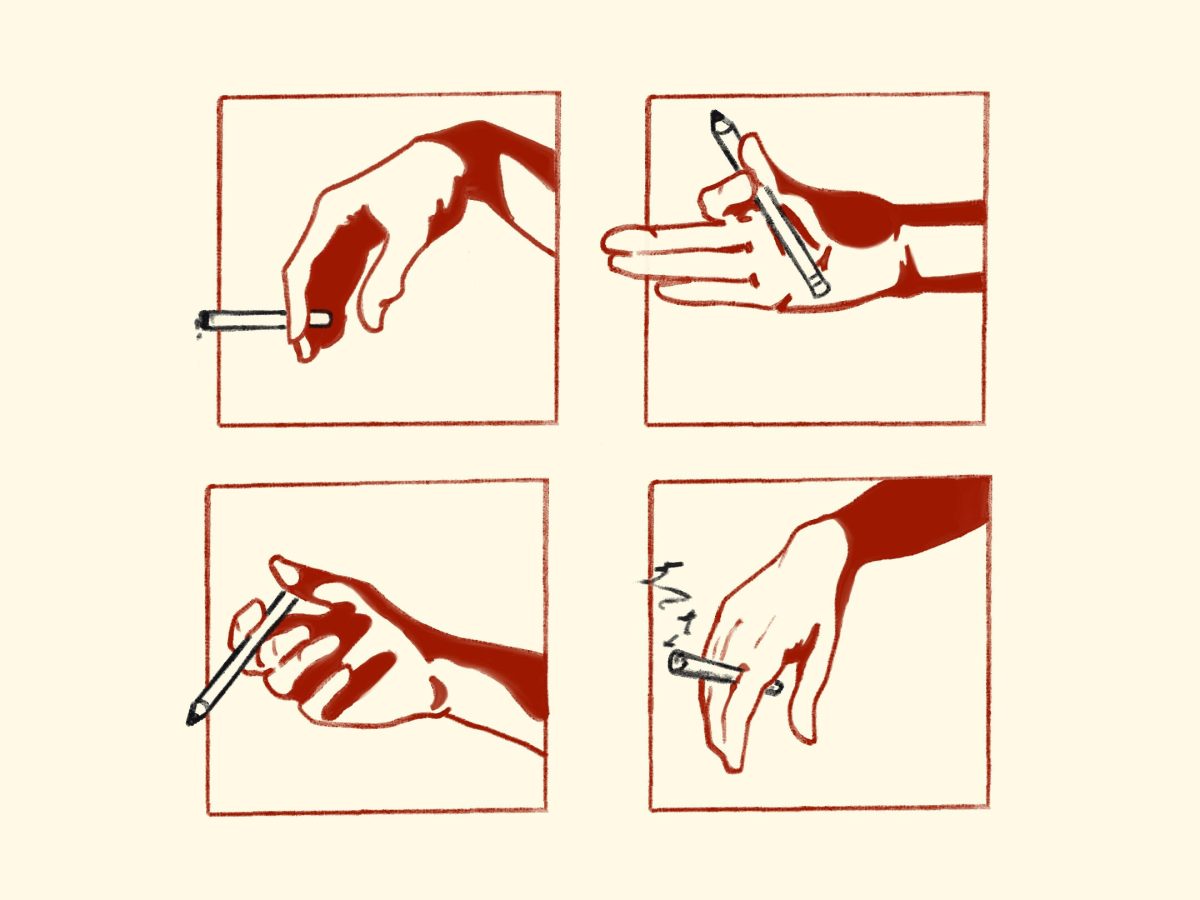


ethan tan • Feb 10, 2015 at 10:19 am
Micheal, i feel like your idea is great, but when you keep posting more and more comments saying the exact same thing, your original point is lost. Also there is no need to keep defending yourself over and over even when there is no comment contradicting you.
Justin Frazier • Feb 10, 2015 at 6:22 am
Michael, I really like your idea. You’ve inspired me to put a map up in my sons’ bedroom.
MIchael Sanchez • Feb 9, 2015 at 8:20 pm
You know what, whatever you are, I want you to stop making fun of my grammar mistakes, just because that is so, doesn’t mean I’m not credible and that my solution is credible also. I win, you lose. You got that? Because you are a troll. That’s what you are! THATS WHAT YOU ARE! YOU TOO FOLLOWERS OF THIS TROLLER!
MIchael Sanchez • Feb 9, 2015 at 8:25 pm
I am a student at Foothill Technology High School, I check the Dragon Press almost every day. Even my parents agreed with my solution with the world map posted on the wall.
Michael Sanchez • Feb 7, 2015 at 9:37 am
I even aced on geography tests which involves countries and capitals and getting an A+ on Geography. I even still have the geographic knowledge of the outside world today, and even before high school AND middle school! This is all because I have a world map on the wall next to where I sleep every night. I see it every time I go to my bedroom, and with my curiousity of things that I want to know of the outside world, I even studied it every day because it’s right there on the wall next to my bed. This should be a habit to all students who don’t have geographic knowledge of the outside world, as well as any child in the country so that they will study it all the way through their childhood, adolescent, teenage, and young adult years! With this ready to be studied technique it should remove the rising issue of people not having geographic knowledge of the outside world. Using Wikipedia almost daily also helps to learn the things that are outside of this world.
Michael Sanchez • Feb 7, 2015 at 9:11 am
I do know the issue on how to expand the global literally knowledge on the rest of the world; having a huge world map next to your bed. This will give people the advantage of going to their bedroom and looking and studying at the world map almost every day and night. That’s how I got geographic knowledge on the rest of the world. Trust me, it’s worth it and don’t have to expand geography class while having it.
Anonymous • Feb 7, 2015 at 3:09 pm
Do you mean global *literacy knowledge? #ironic
Khaila Hartung-Dallas • Feb 7, 2015 at 3:23 pm
https://www.youtube.com/watch?v=PIh2xe4jnpk
MIchael Sanchez • Feb 8, 2015 at 9:52 am
Sorry I just realized the mistake but I meant ***global literacy knowledge***
MIchael Sanchez • Feb 8, 2015 at 9:58 am
I also meant to say **RESOLUTION** instead of “issue” as well. I also just realized that mistake, I was typing this with my iPad, that’s why I didn’t know.
MIchael Sanchez • Feb 8, 2015 at 10:00 am
I also don’t get why is my mistakes so ironic?
MIchael Sanchez • Feb 8, 2015 at 10:11 am
Okay look, so here’s what I’m really saying: I actually know how to solve the problem of the lack of global literacy that most students had; and that resolution is having a huge world map next to your bed. This will give people the advantage of going to their bedroom and looking and studying at the world map almost every day and night, because it’s there on the wall. That’s how I got global literacy knowledge on the rest of the world, I had it for a long time. Trust me, it was worth it, and I never made any mistake on how to locate countries and capitals. For example, because of the simplicity of having a world map next to me for many past years, I was able to locate most of the countries in Europe, Asia, Africa, and the Americas. I even am able to locate Fiji. Because of that knowledge I had for many years because of that, I was able to get a perfect A+ because of that, and since the world map is always there on the wall in my bedroom, I will have that knowledge continue in the future and when I go to college and I will have the world map next to my bed on the wall so that I don’t forget where the countries and capitals are.
MIchael Sanchez • Feb 8, 2015 at 10:15 am
SO TAKE THAT! BOOM! YOU GOT A PROBLEM? HUH! HUH! THAT”S WHAT I THOUGHT! I SHOULD BE CREDIABLE HERE!
Anonymous • Feb 8, 2015 at 6:50 pm
How ***credible are you?
Person • Feb 9, 2015 at 9:02 pm
Quit being a troll jeez. #chill
Its a simple typo on an iPad.
Everyone does it. Even you.
This kid has a pretty good idea actually.